Science of Reading has been a hot topic in literacy classrooms across the country, but the main focus is in lower elementary. So, how do we apply brain research to upper elementary? I am going to share five tips that you can use today to start applying the Science of Reading to your classroom.
Science of Reading in Upper Elementary Main Focus: Vocabulary
Teaching students high-level vocabulary is the main focus for upper elementary when it comes to the Science of Reading. Students need to experience new vocabulary, learn what to do when they come across new words, and expand their vocabulary.
BUT it can not just be our 5-10 words a week. We have to be teaching vocabulary and vocabulary strategies all day.
Here are some examples of how you can do that:
- Read Alouds– when you are reading aloud, and you come across a word that students might not know, write it on the board. Then, break it down using syllabication if it is hard to pronounce as well. Go over the context of the word in the book, define it, use it in a new sentence, etc. Teach students in real time how to problem-solve a new word.
- Writing– Encourage students to use the new words that you learn, whether it be during read-alouds or your vocabulary time in their writing.
- Sentence Dictations– If you are doing any type of sentence dictation during your writing or grammar time, add new and interesting vocabulary into your sentences. This can help with spelling and encoding, but also help with vocabulary expansion.
- Daily Vocabulary Practice– This product gives you high-level vocabulary activities that students can complete to practice vocabulary words they are learning and experiencing.
Pick a Content Topic
In order to think deeper, students need to think deeply about a topic. Allowing them to think deeply about ONE topic allows students to expand their vocabulary, learn how to take in content, and create deeper connections with what they are learning. This cannot always be done by just focusing on the skill of the week and reading all the different types of content.
For example, you could do a mystery-themed week or you could focus on a science topic all week, like habitats!
Provide research opportunities
Students LOVE to research, and it requires them to think deeper and challenges them in so many ways, but it also has to be about something they enjoy. Research again allows students to expand their vocabulary, work on the SOR strategies that they have learned independently, and continue to grow in their abilities to problem solve.
For example, Who Would Win? books are so interesting to kids in the upper elementary grade levels. Doing a research/writing project based on those books is a great way to get students thinking deeper. You can see what I mean here!
Focus on Oral Language
It is proven with research that oral language is a key component to the Science of Reading and to get kids thinking deeper. So, when planning, take time to think: when are you providing a chance for students to communicate with you and others throughout the day? When they talk to you about a topic, are you asking multiple follow-up questions? Are you providing a time for students to talk to each other and ask questions?
Mystery Word: Syllable Division Quick Drill
Students are not too old to practice different skills that they focused on during lower elementary. When you start out your reading group for the day, complete a quick syllable division practice.
Give students a very hard word in terms of pronunciation and vocabulary (if the word goes along with your content focus for the week, even better!) Then, do a quick syllable division drill. You can watch this video here to learn how to do this if you never have before! Once they figure out how to pronounce the word, then you can define it with them as well!
I have these prepped for you for the year! Check out these slides here!
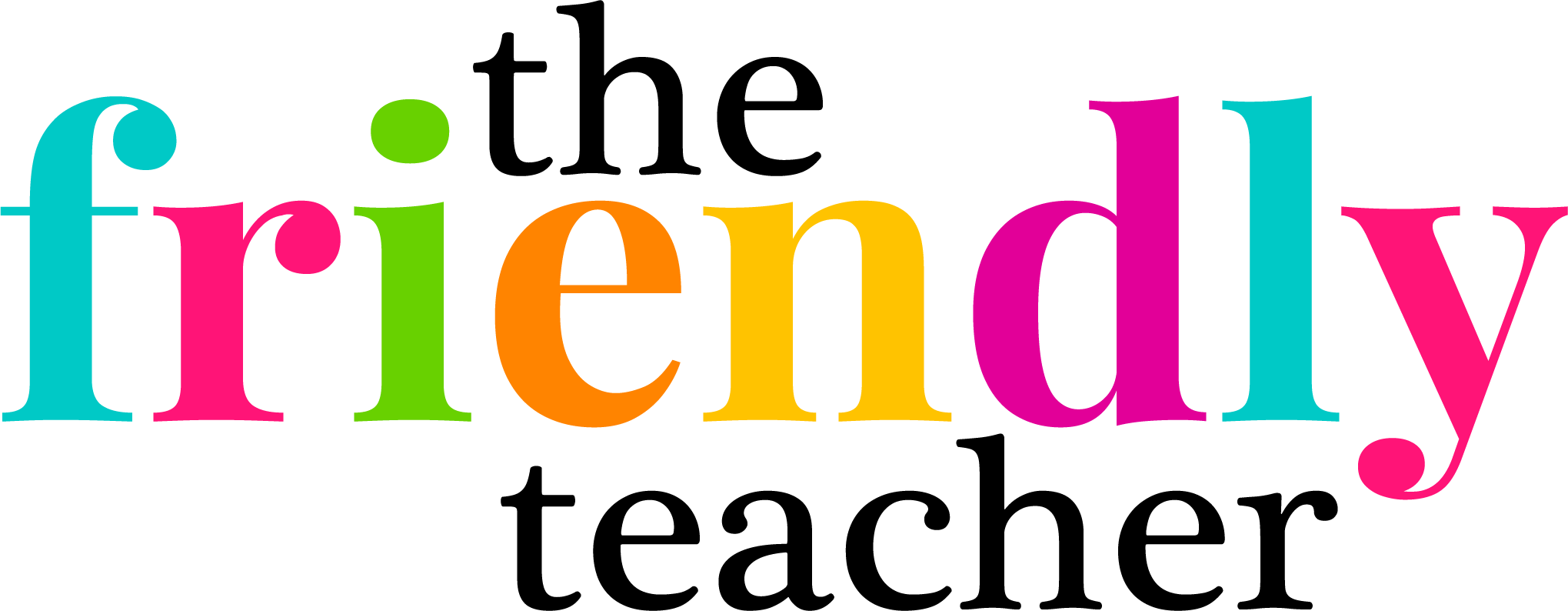


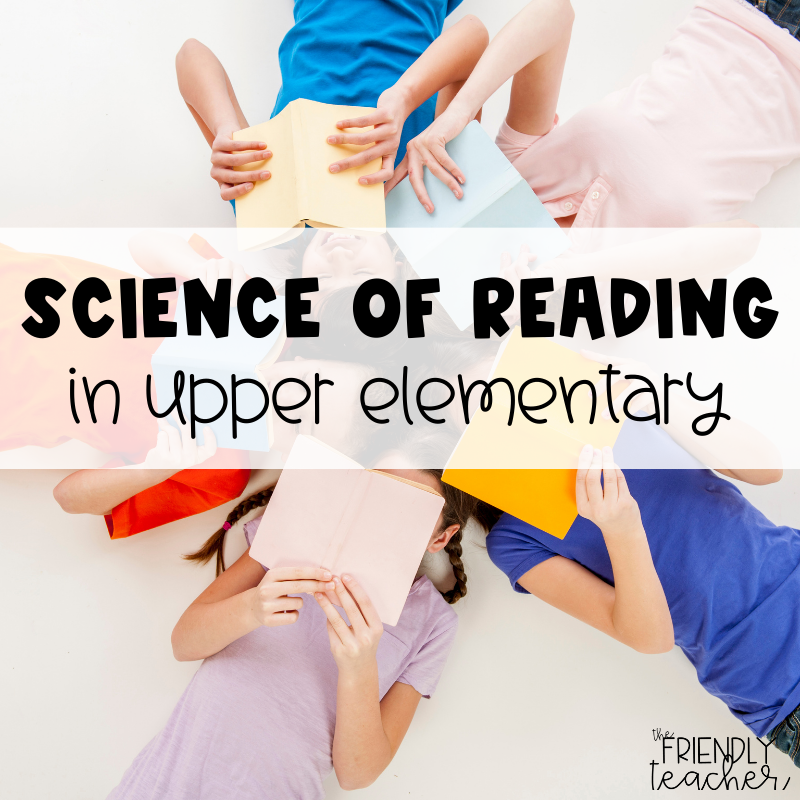
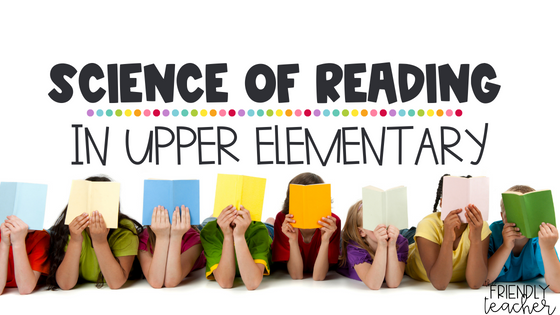
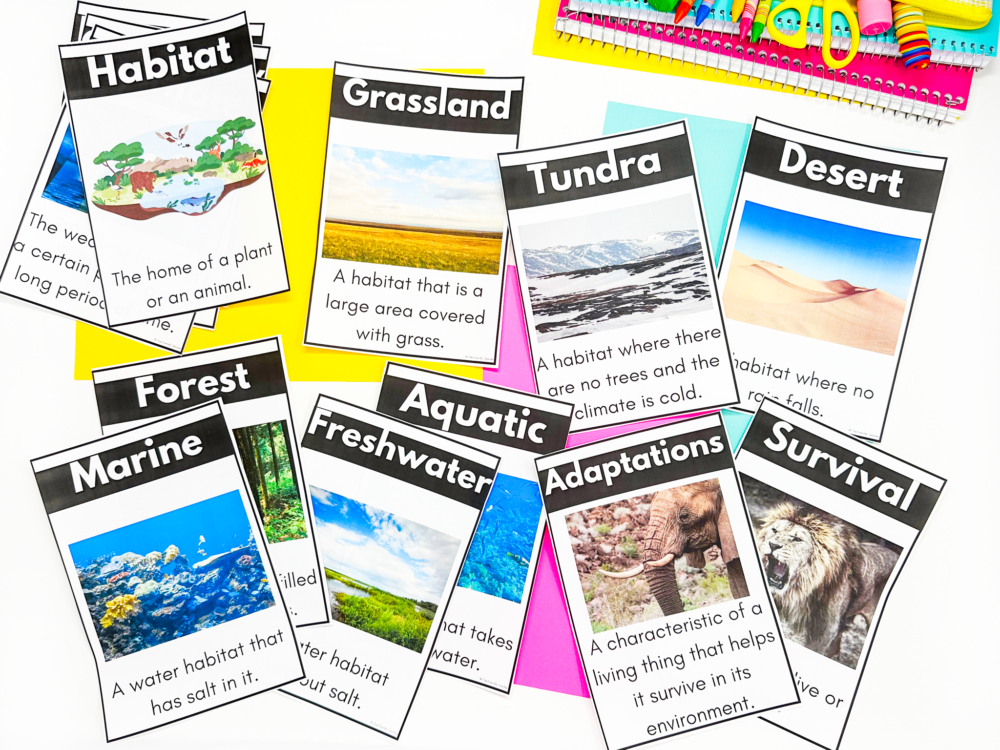
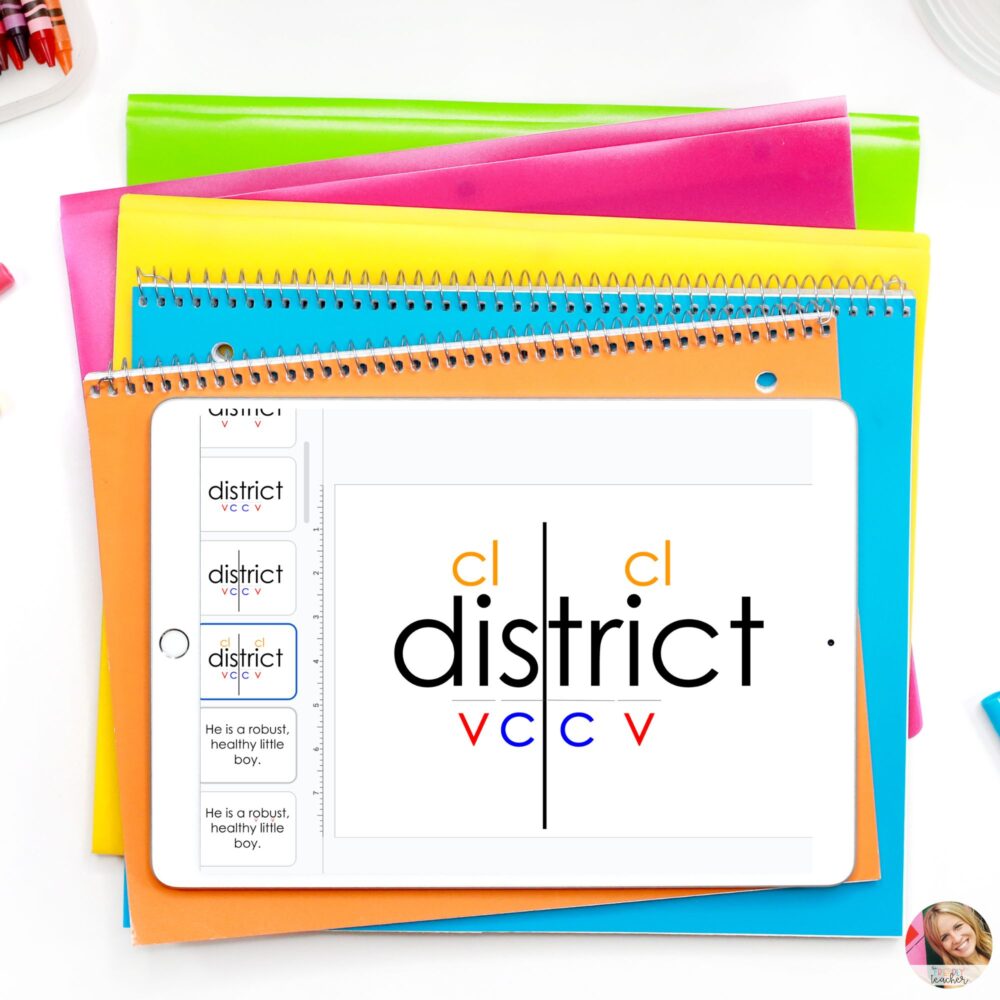
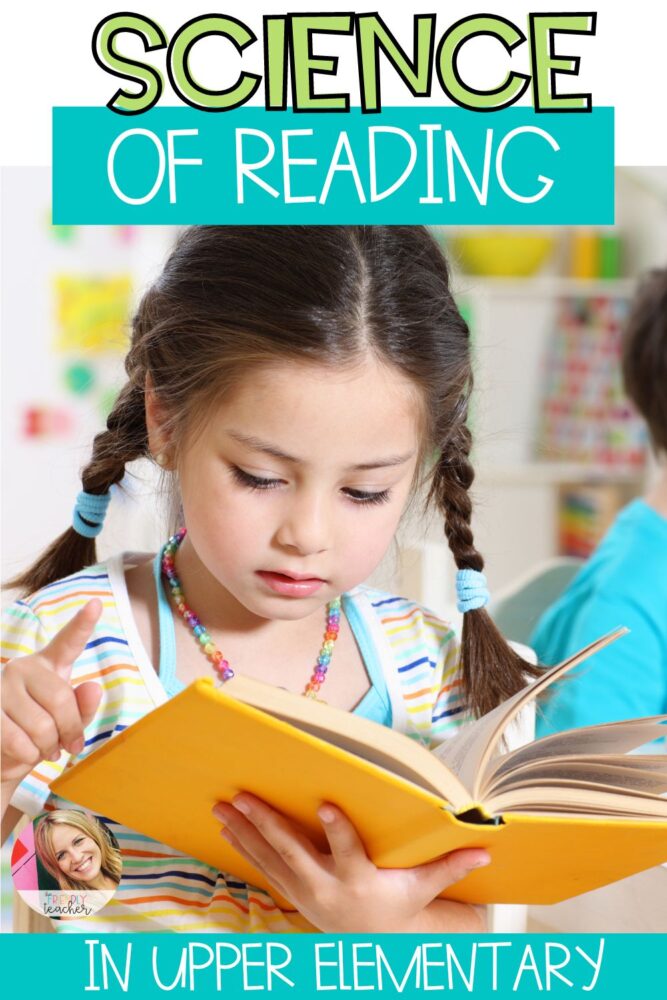
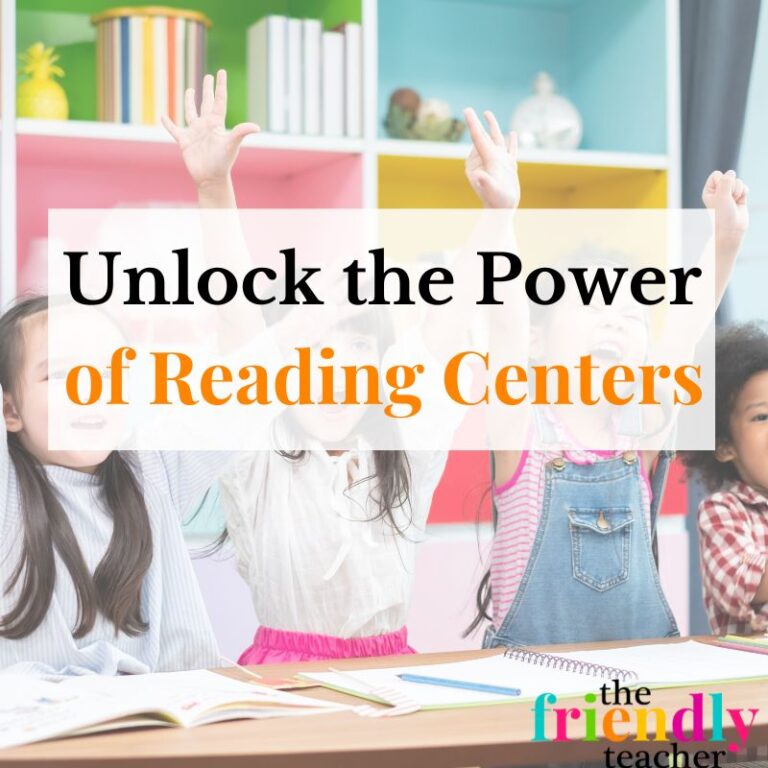
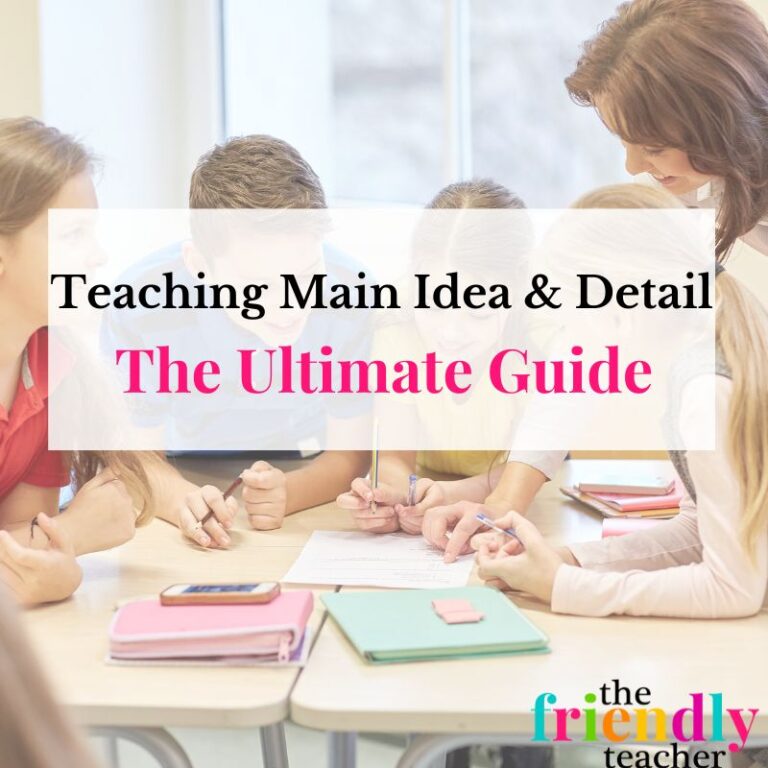
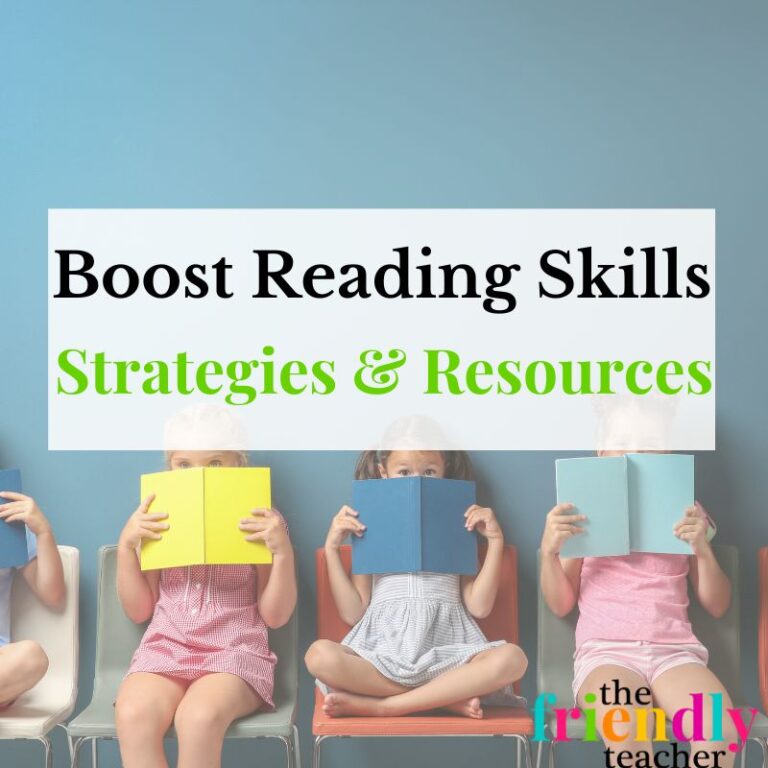
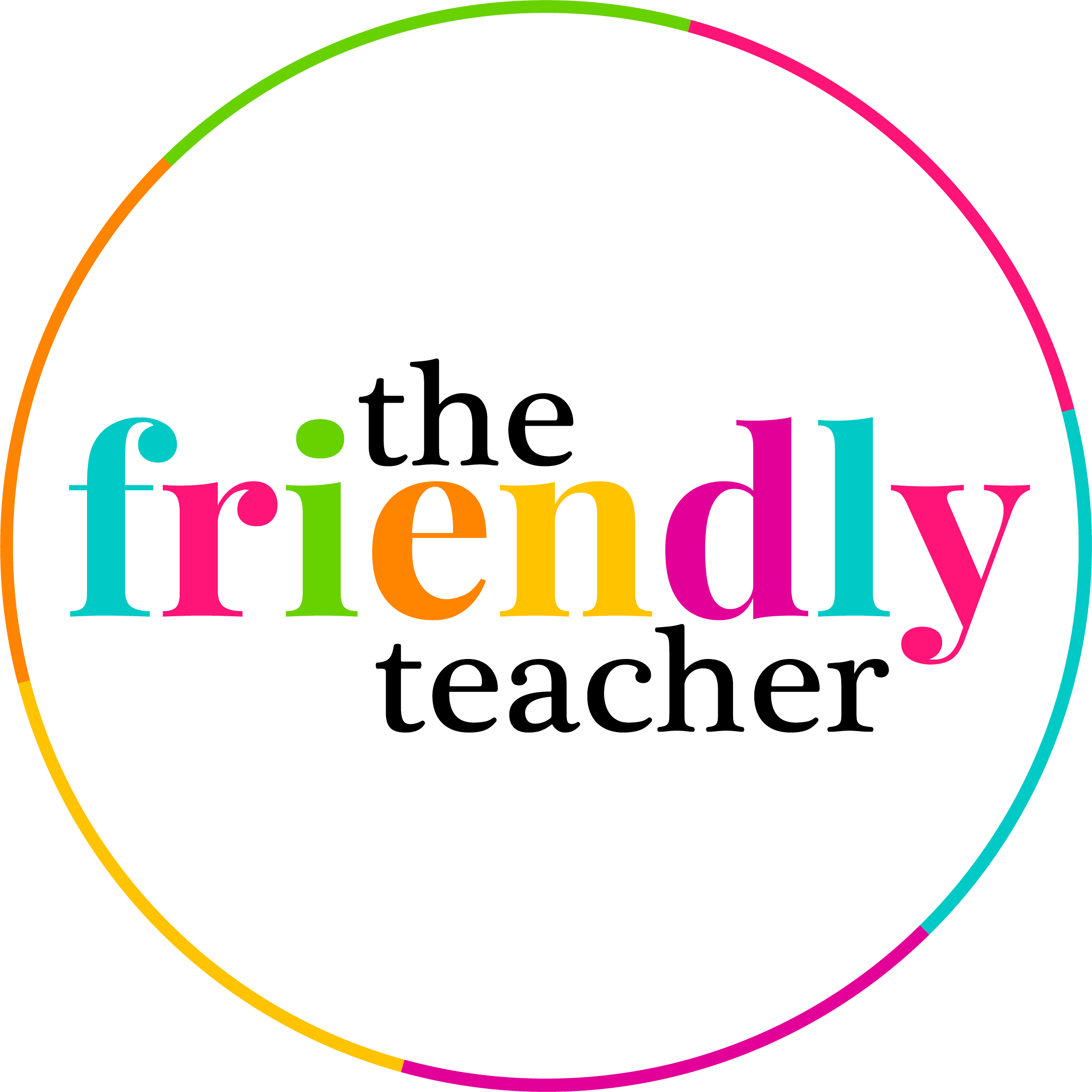
Hannah Wilde
I am so glad you’re here! I love helping 3rd-5th grade teachers by providing ideas, engaging resources, and professional development they need. I am a literacy coach who is here to help lessen the workload for teachers while making them more confident! I want students to be continually engaged in a rigorous environment!